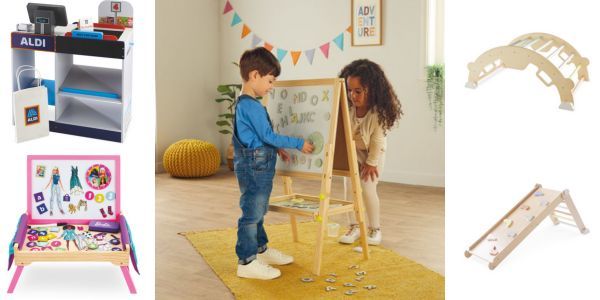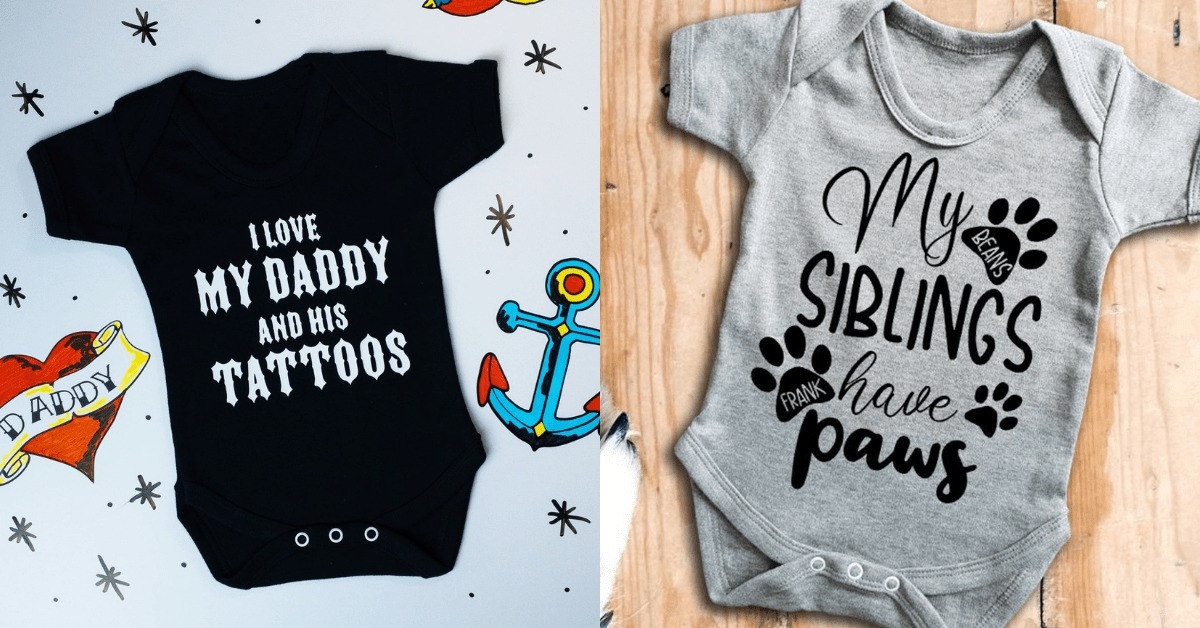

“He’ll be perfect once he’s had his lip sorted.”
It was just a few hours after giving birth to my first child that a member of staff at the hospital he was born at uttered these words to me.
“Oh, he is already perfect,” was the best bewildered response I could give her. Understandably I was exhausted after what turned out to be a less straightforward labour than I had hoped for… (but that’s a whole other blog topic entirely!)
This was our first, incredibly precious child, who is actually beyond perfect, thank you very much.
My husband and I underwent 3 gruelling attempts of IVF to have our baby. We dealt with the heartache of two pregnancy losses along our infertility journey. So, when our third (frozen embryo transfer) was successful, we were completely overjoyed. Though, I’ll be honest, I did spend pretty much my entire pregnancy worrying that something would go wrong… But, reassuringly, our scans at 6, 8, 12 and 20 weeks were all completely fine.
It was only when we decided to have a private scan at around 30 weeks (for Mothers Day) that we were shocked to discover our baby might have a cleft lip.
I remember my heart skipped a beat the moment I saw the tiniest littlest hint of a shadow above our baby’s lip at that scan. I think I knew almost instantly there was something there – maybe it was my motherly intuition?
We had several growth scans afterwards to monitor our little bambino, but each time anyone tried to check baby’s lip they found something to prevent them. This included thumb sucking and presenting in a breach position. We knew there and then we were going to have a cheeky little monkey to look after very soon!
So, with no clarification either way, we just had to wait and see. Obviously, we knew that cleft or no cleft we would love this baby more than anything else in the universe.
I’d be lying if I said I didn’t worry about it, though. I was mostly worried there would be issues with feeding. I’d spent so long planning on breastfeeding that I panicked I would have to use a bottle. In hindsight, this was just my pregnancy hormones getting the better of me. I’ve come to realise that regardless of whichever way you feed your baby, as long as he/she has a full tummy – this is all that matters.
I also blamed myself. I worried whether I hadn’t taken enough Folic Acid, or whether a sip of wine I’d had at a wedding whilst pregnant had been a factor. But the truth is, there’s no way of saying exactly how or why clefts happen. And I shouldn’t have blamed myself, because according to CLAPA (Cleft Lip and Palate Association) ‘there is no single cause of cleft lip and/or palate. In most cases, a cleft is caused by lots of different factors (including genetics and the environment) coming together in a way that usually can’t be predicted or prevented. It is very unlikely that your baby’s cleft is because of something you did or didn’t do.‘
I remember sobbing to my husband, not for me, but for our defenceless unborn baby and for any potential negative reactions other people might have. What if they stick their head in the pram to have a look and feel repulsed? I stupidly wondered. Again, this was clearly another crazy pregnancy hormone reaction. After some thought, I knew I couldn’t care less about anyone else’s reaction to my gorgeous baby. I realised it didn’t matter what anyone else thought, this baby was our little miracle and we loved him/her unconditionally.
Needless to say, I shouldn’t have worried about anything.
The moment our son came into this world, we were besotted by him. And guess what, so has everyone else who has laid eyes on him.
I was over the moon when he latched on for his first ever breastfeed. It turns out he’s a bit of a milk monster – he has been gaining weight brilliantly.
 I’ve also come to realise that a cleft lip and palate is the most common facial birth defect in the UK, affecting around one in every 700 babies. Over 1,200 babies are born with a cleft each year in the UK. In fact, in the North East (where we live) the statistics are even higher, with around 1 in every 500 babies having a cleft lip/palate.
I’ve also come to realise that a cleft lip and palate is the most common facial birth defect in the UK, affecting around one in every 700 babies. Over 1,200 babies are born with a cleft each year in the UK. In fact, in the North East (where we live) the statistics are even higher, with around 1 in every 500 babies having a cleft lip/palate.
I’ve found comfort in the fact that we aren’t alone in this and that our baby’s smile really is precious.
I’ve enjoyed having complete strangers to strike up a conversation with me whilst I’m out and about. I find it reassuring to hear other people’s anecdotes of their experiences with or someone else they know who has had a cleft.

His little smile is already undeniably heart meltingly cute. It breaks my heart that in a few weeks time he will undergo surgery to repair his lip.
If it were down to me, I would keep his gorgeous lips and smile just the way they are. He is already truly perfect.
But deep down I know, having the procedure done will be the best thing in the long run.
For now, I’m going to treasure these last few weeks before his operation. The thought of him going under the knife obviously fills me with complete dread. I’m already worried about what his recovery will be like too.
I’ll let you know how little man gets on.
Kloé xoxo


.png)







